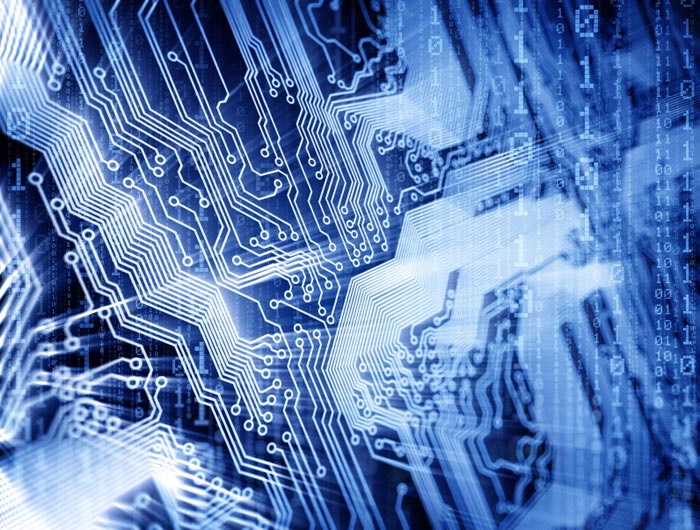
MIT team has brought the world one step closer to quantum computing by creating qubits that are able to retain the information they store hundreds of times longer than anyone has previously achieved.

Scientists have demonstrated how living cells can be induced to carry out computations in the manner of tiny robots or computers.

Atos introduces the world's first commercially available machine-system capable of simulating up to 40 quantum bits (Qubits).

Artificial intelligence, molecular modelling, cryptography, financial modelling, weather forecasting and particle physics are main problems to be solved by quantum computers.

IBM’s Science for Social Good program will use AI, cloud and deep science to solve global challenges.

IBM has unveiled the world's first 5nm silicon chip. The 5nm IBM chip is notable for being one of the first to use horizontal gate-all-around (GAA) transistors, and the first real use of extreme ultraviolet (EUV) lithography.

A newly-developed ultra-thin material tricks the human eye into perceiving highly detailed 3D images without the need for special glasses.

IBM just announced the two most powerful quantum processors it has ever built, but it still needs help figuring out what to do with them.

A team of Stanford University engineers are exploring specialized materials to bring concept of quantum computing closer to reality.

Chinese scientists have built the world's first quantum computing machine that goes far beyond the early classical or conventional computers

New state of matter - the first 3-D quantum liquid crystals may have applications in ultrafast quantum computing.

Led by the former head of DARPA and Google ATAP, Regina Dugan, Building 8 has created a way to talk to your computer with your brain.

The University of Bristol is leading a £3m project to build the world’s largest ARM-based supercomputer.

Tech billionaire Elon Musk is announcing a new venture called Neuralink focused on linking brains to computers.

Seven European countries announced a joint initiative to acquire and deploy world-class high-performance computers. EuroHPCEuroHPC aims to deploy so-called exascale computers that are capable of at least 10 to the 18th power calculations per second.